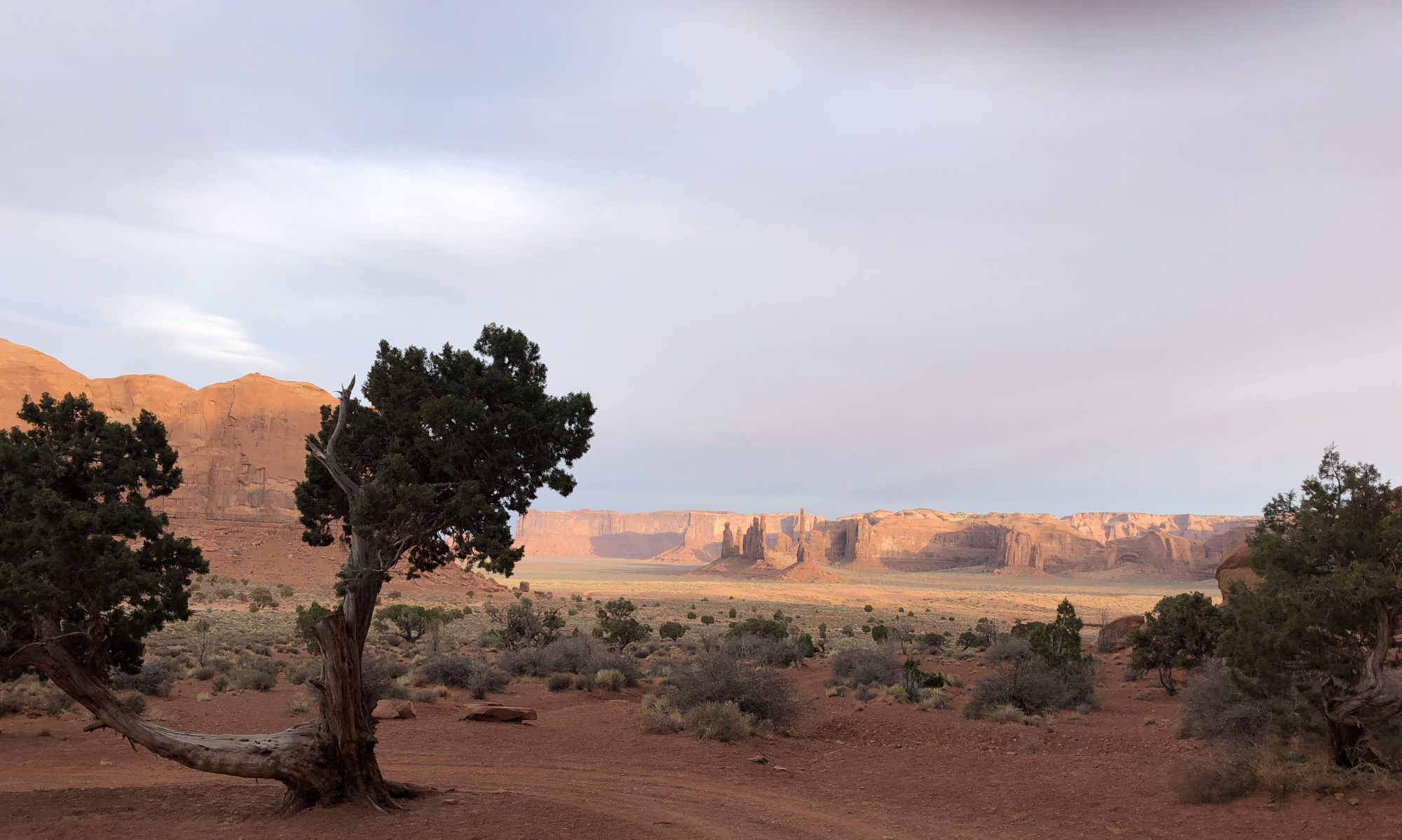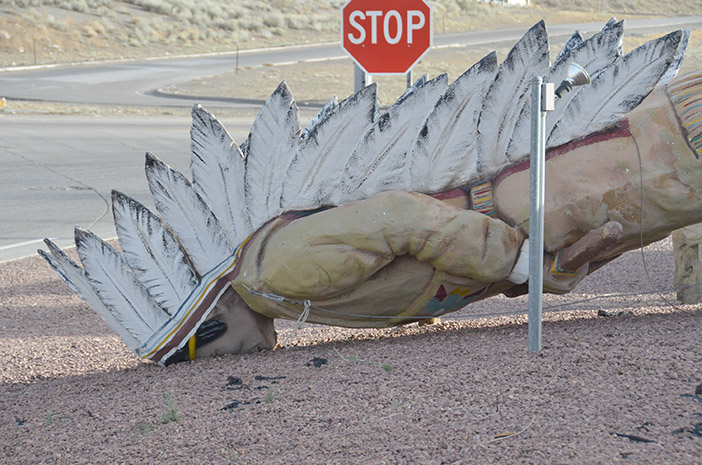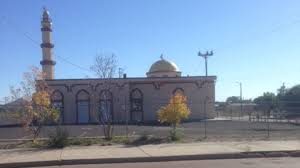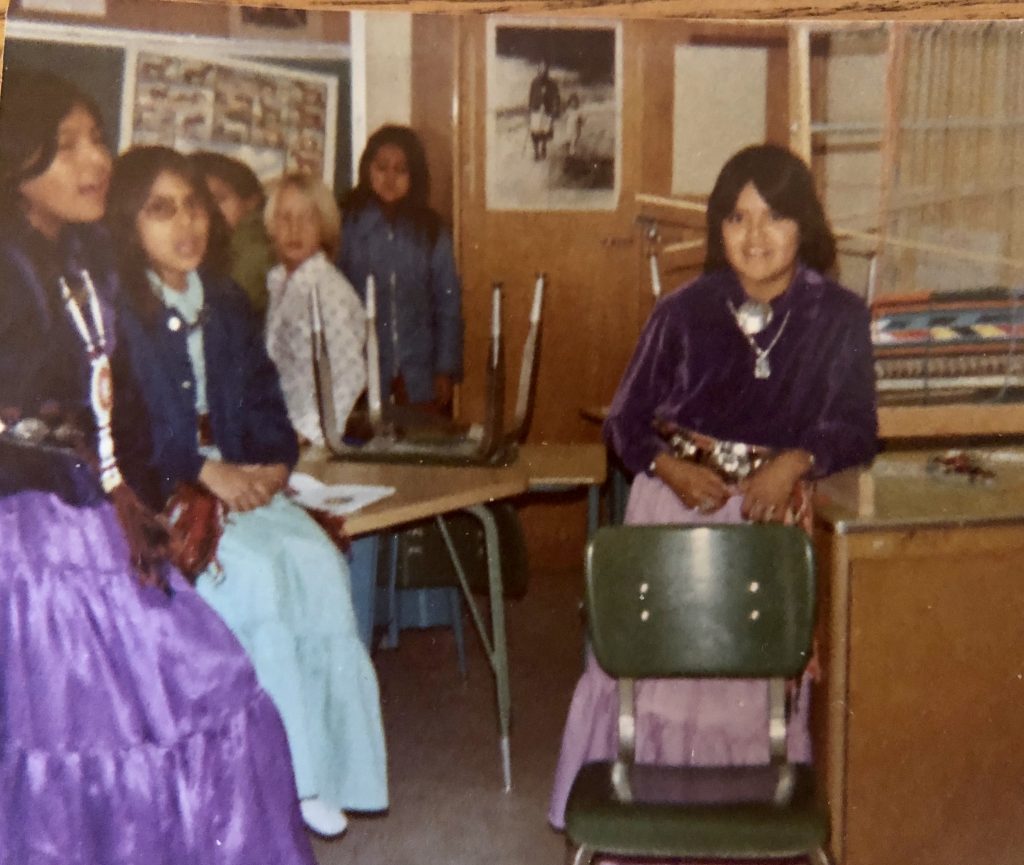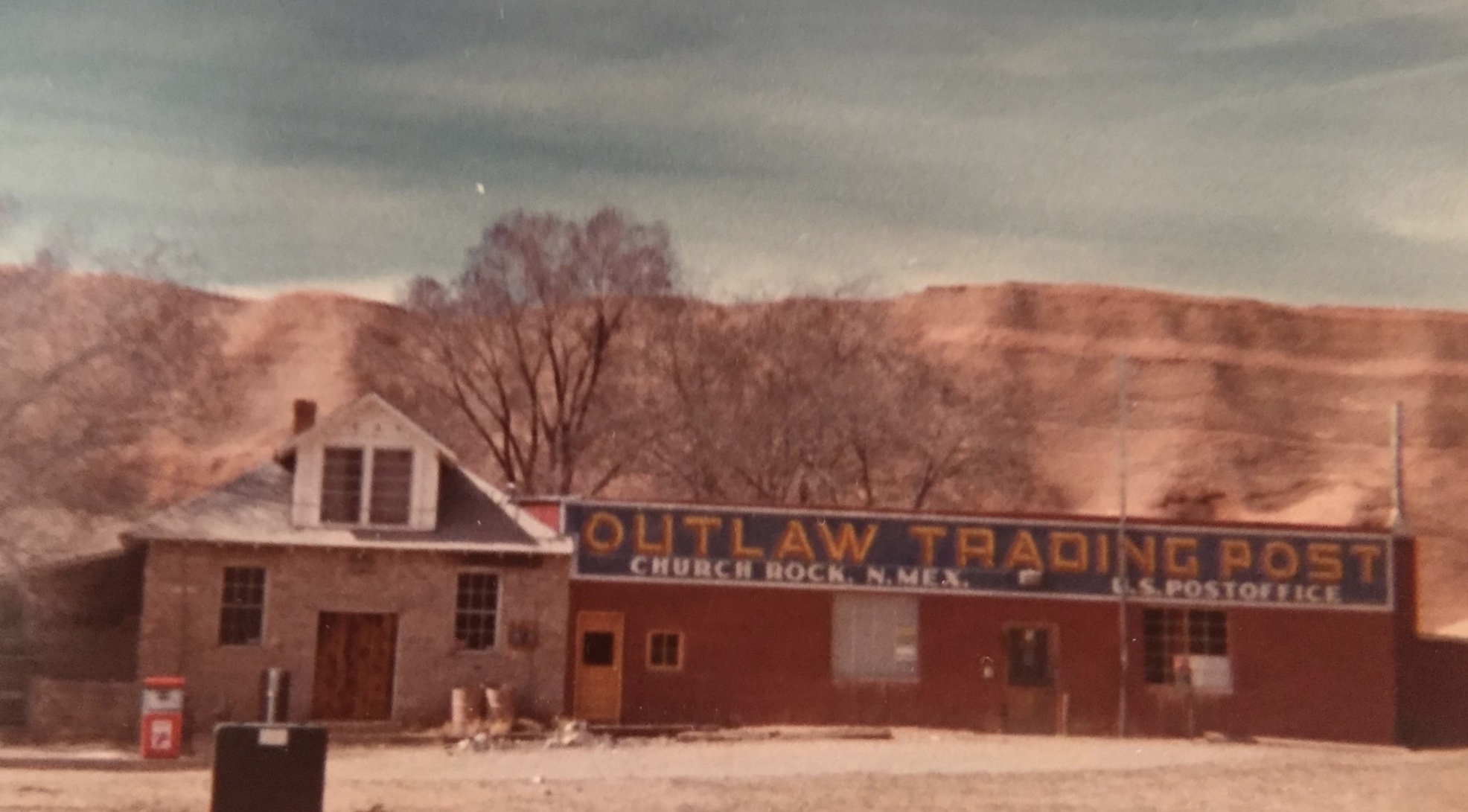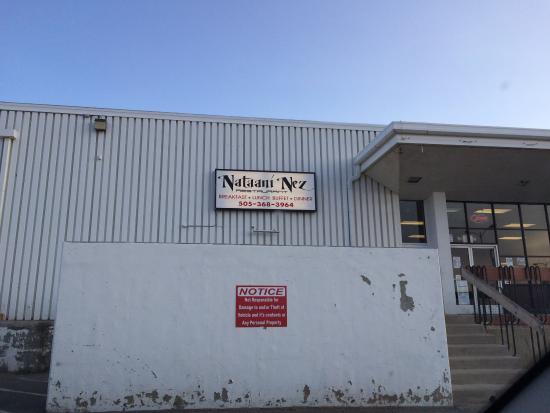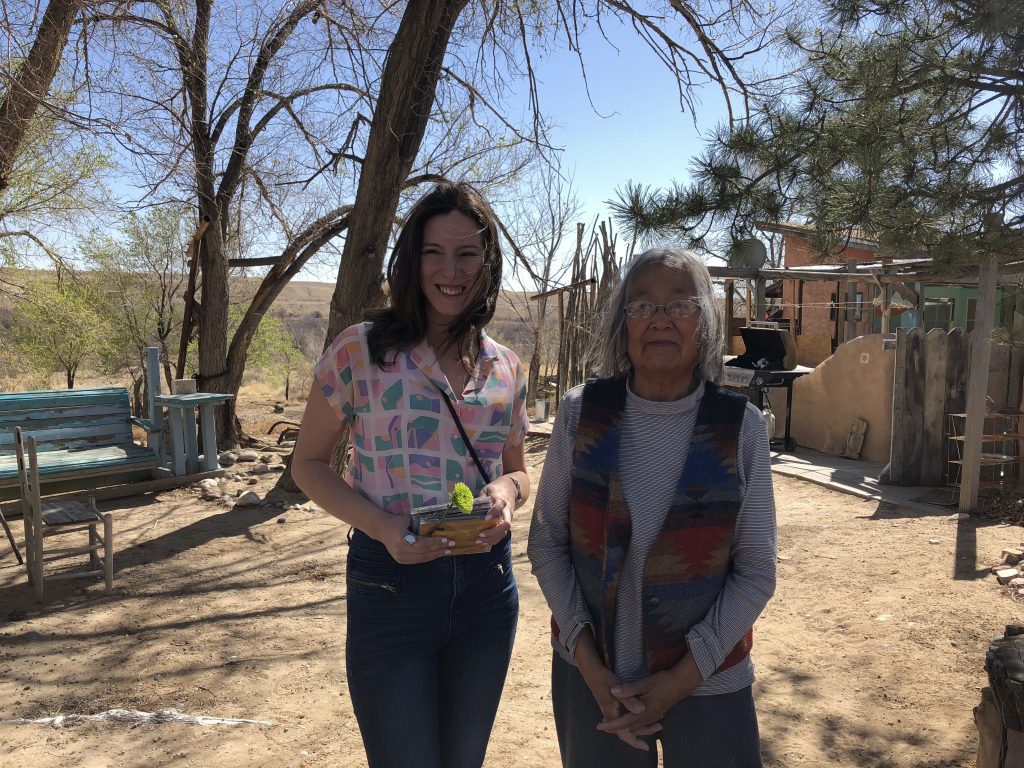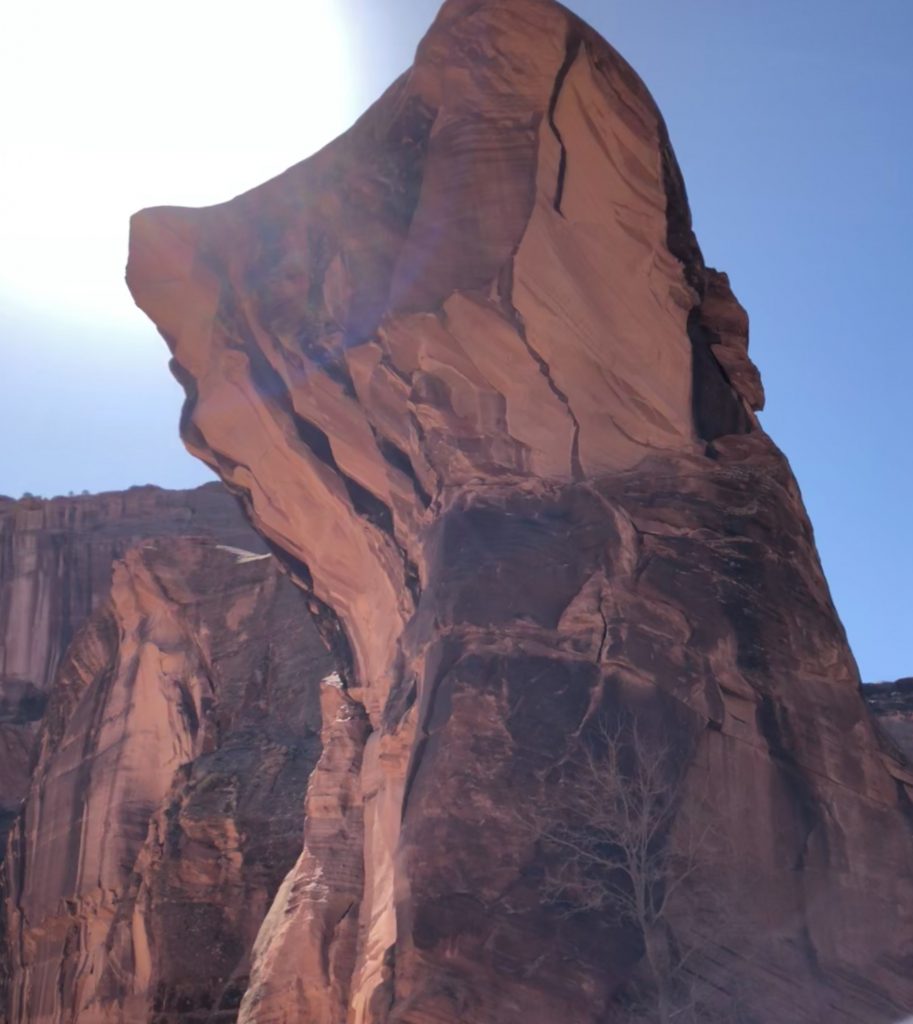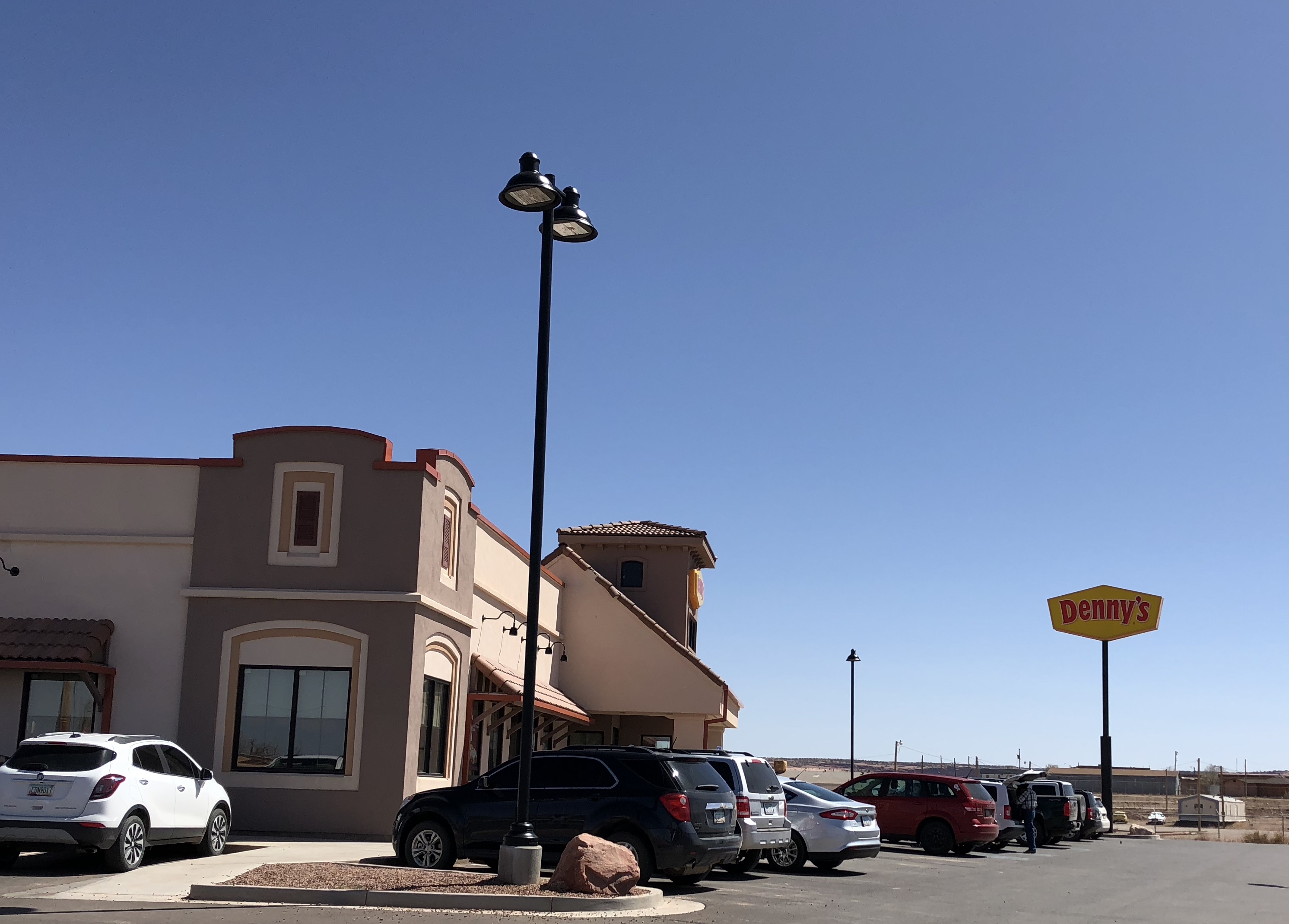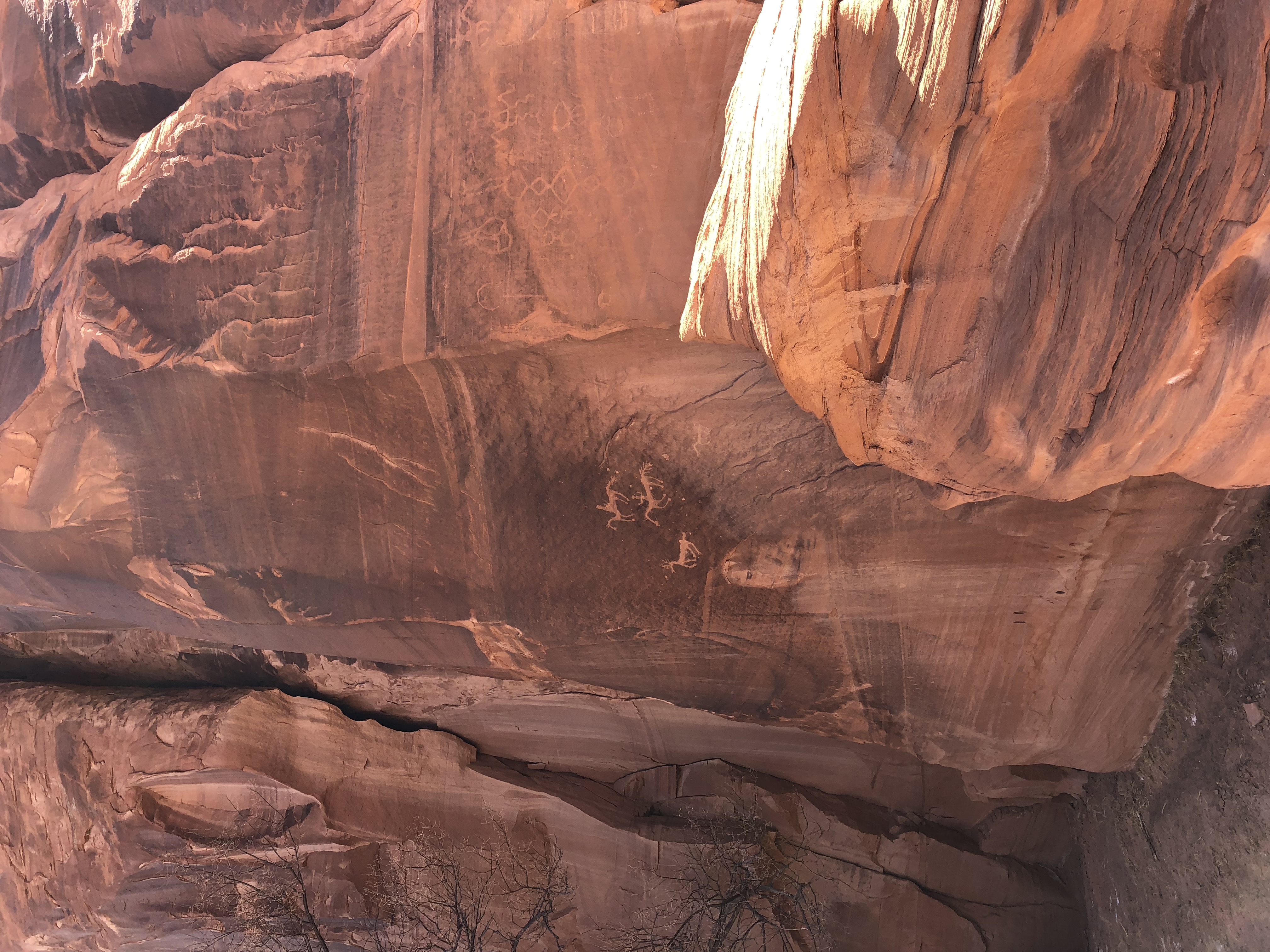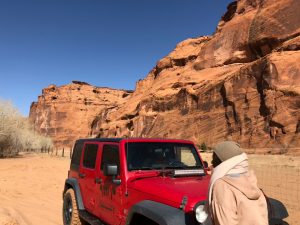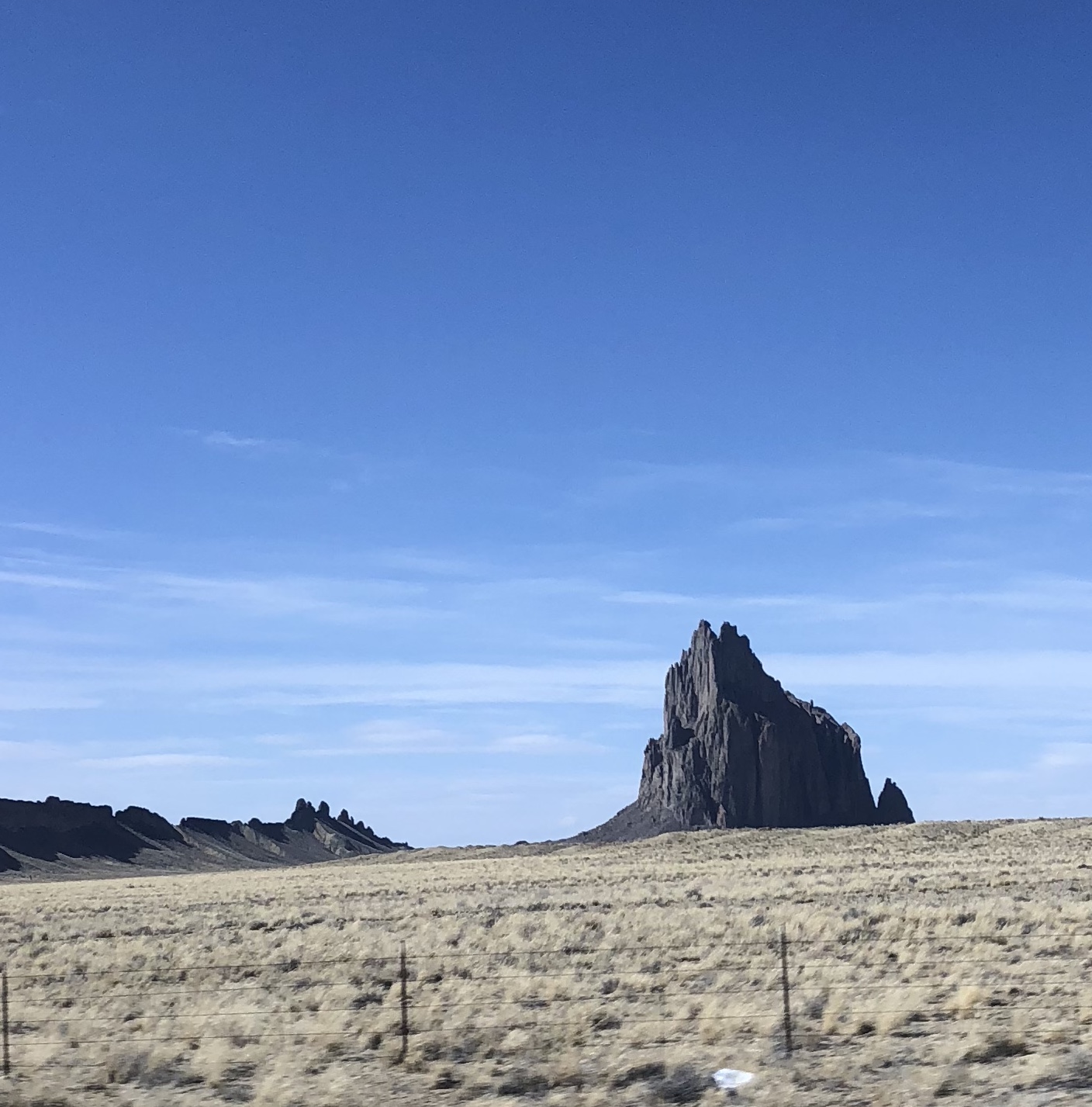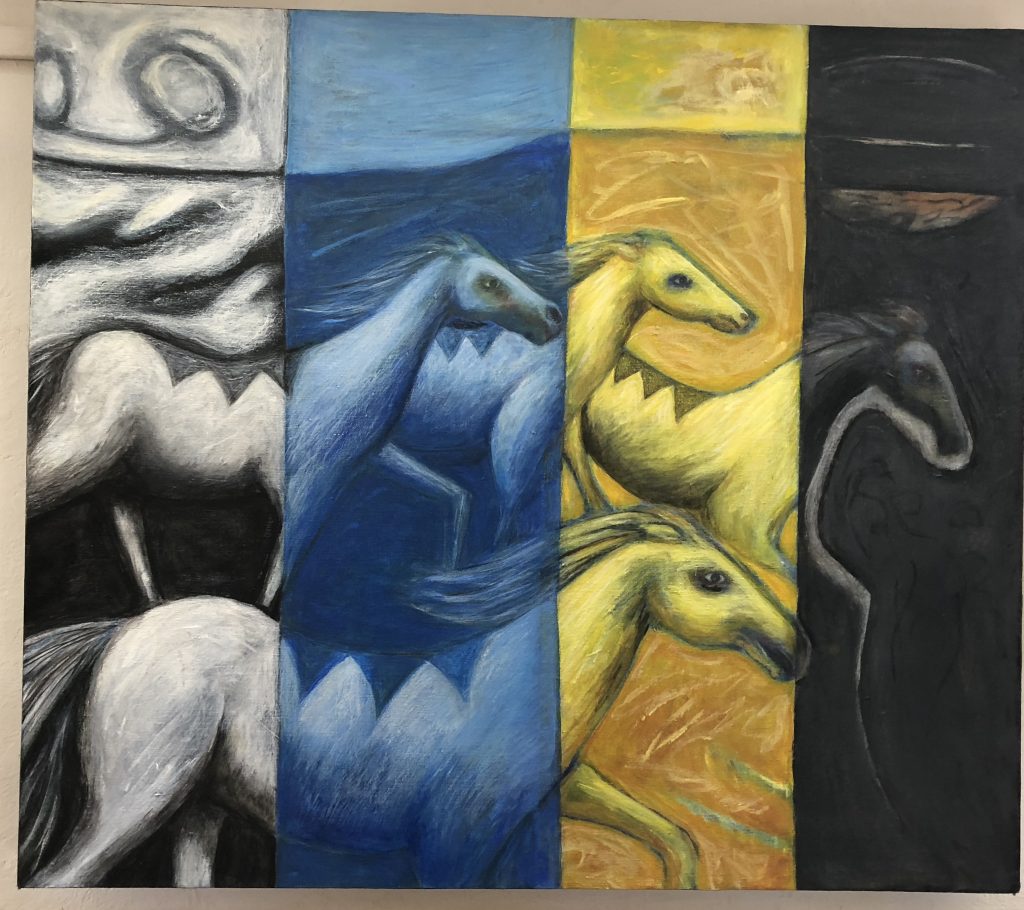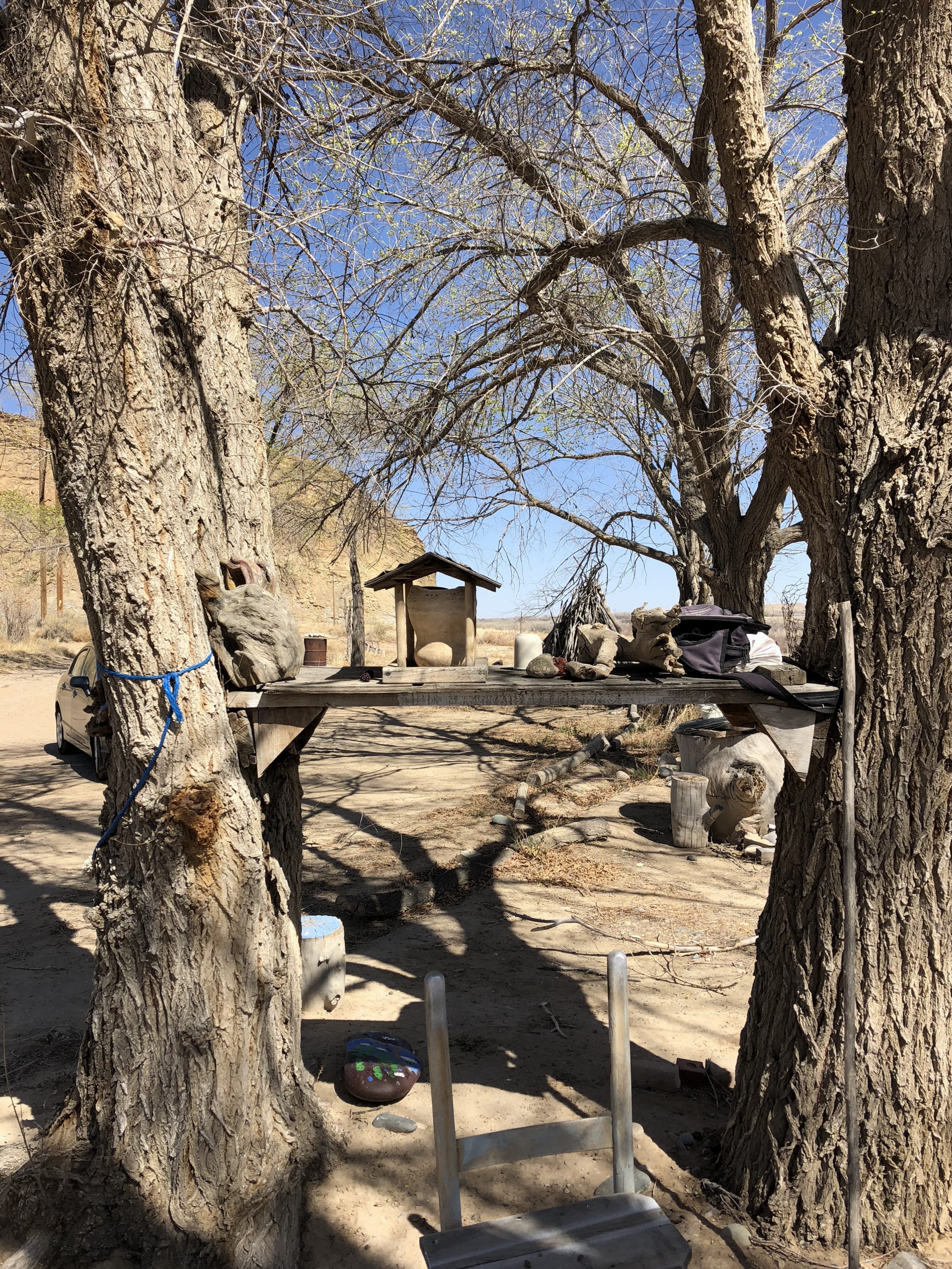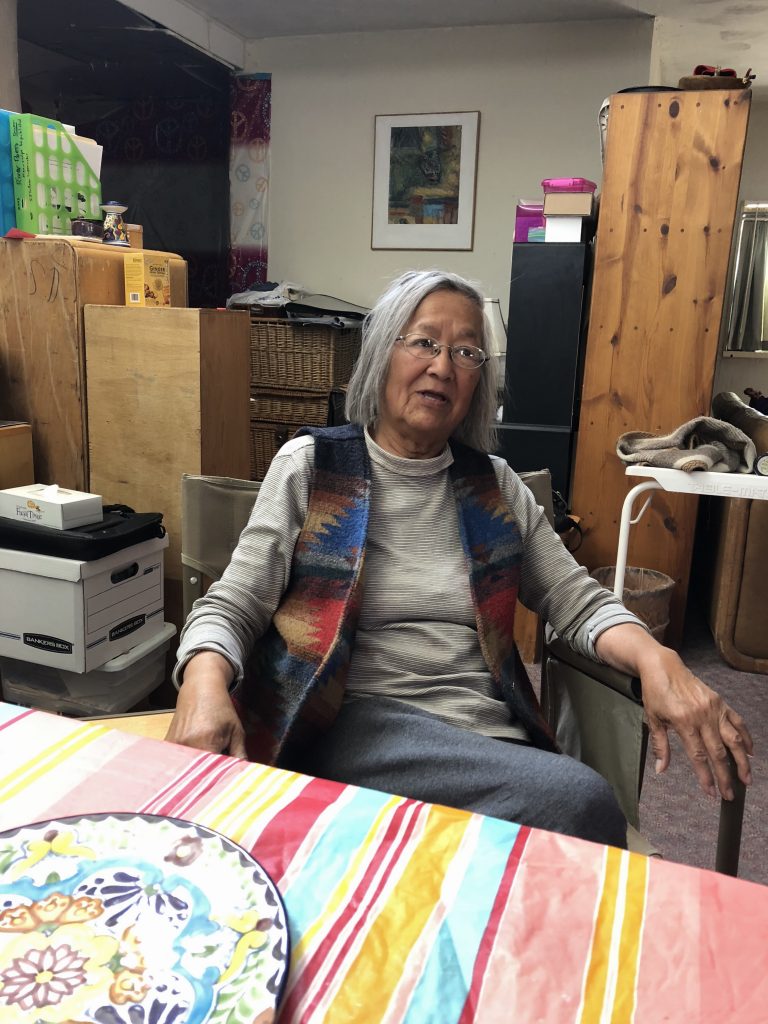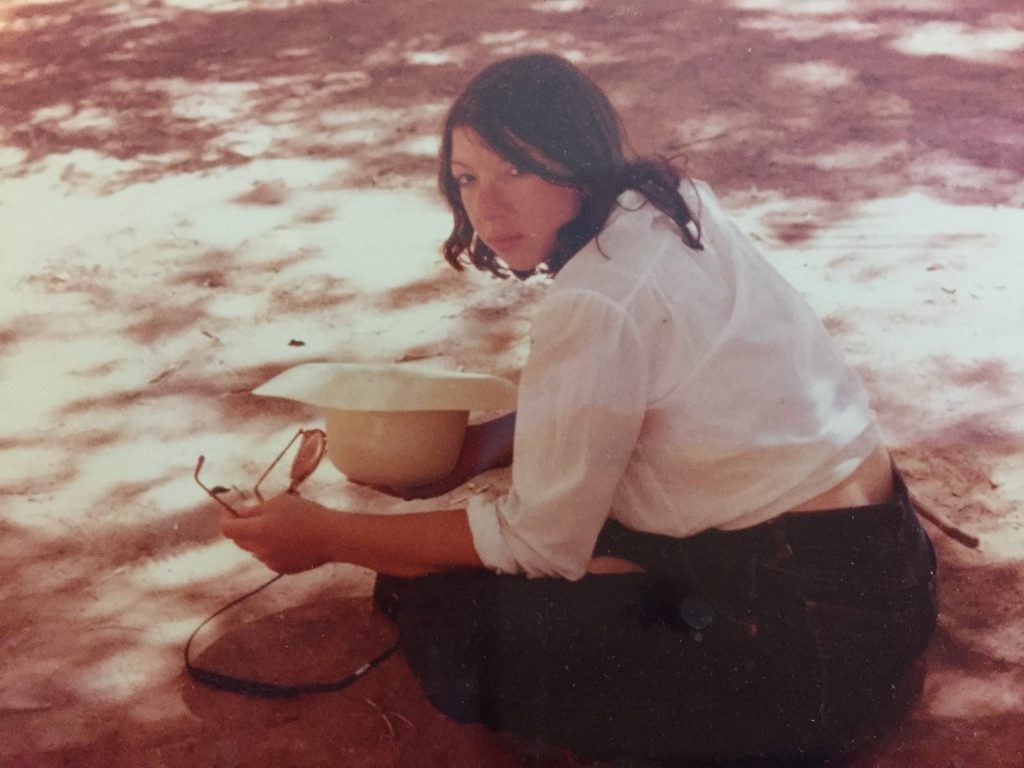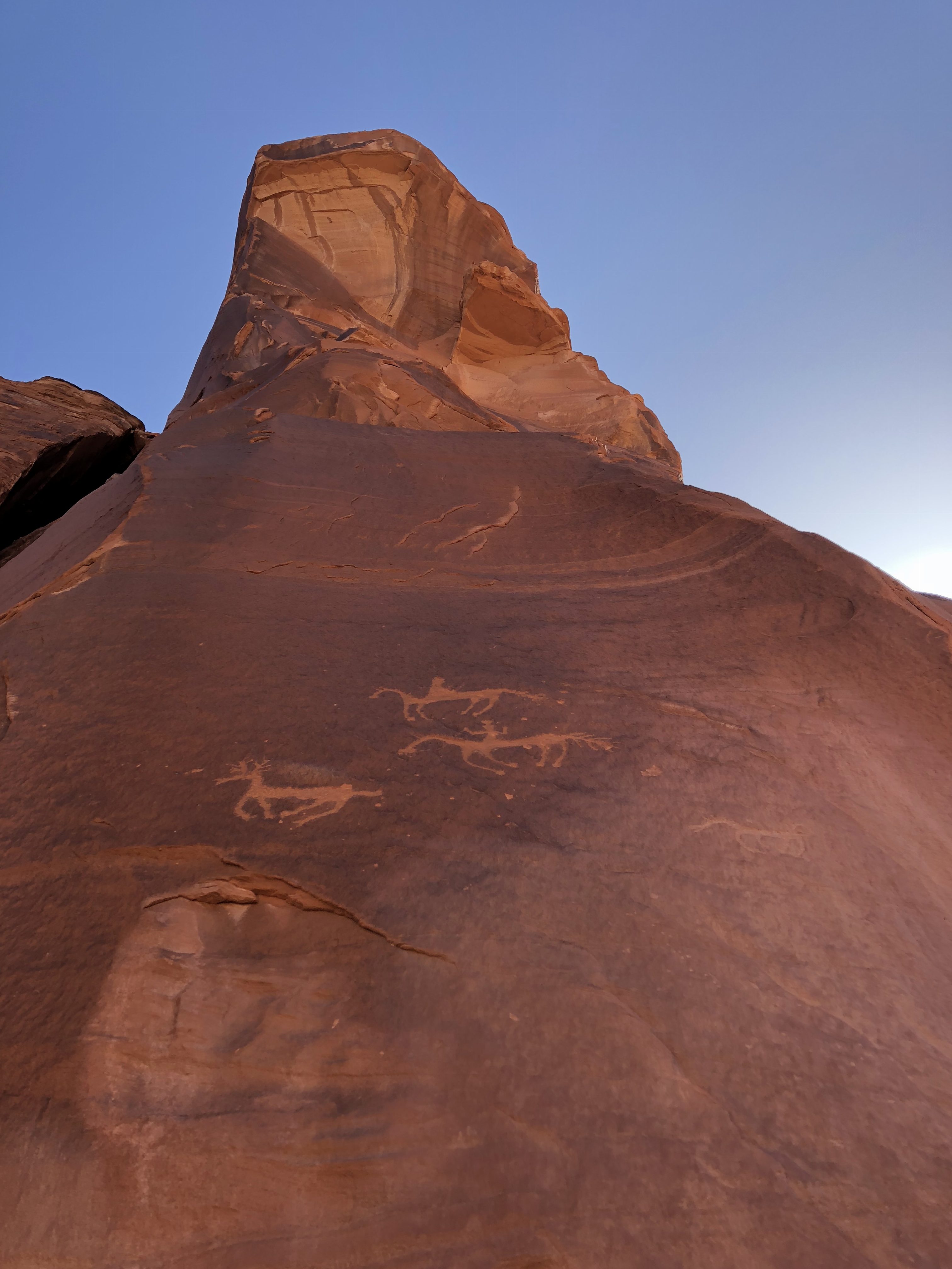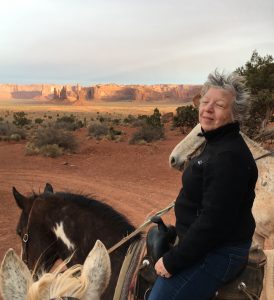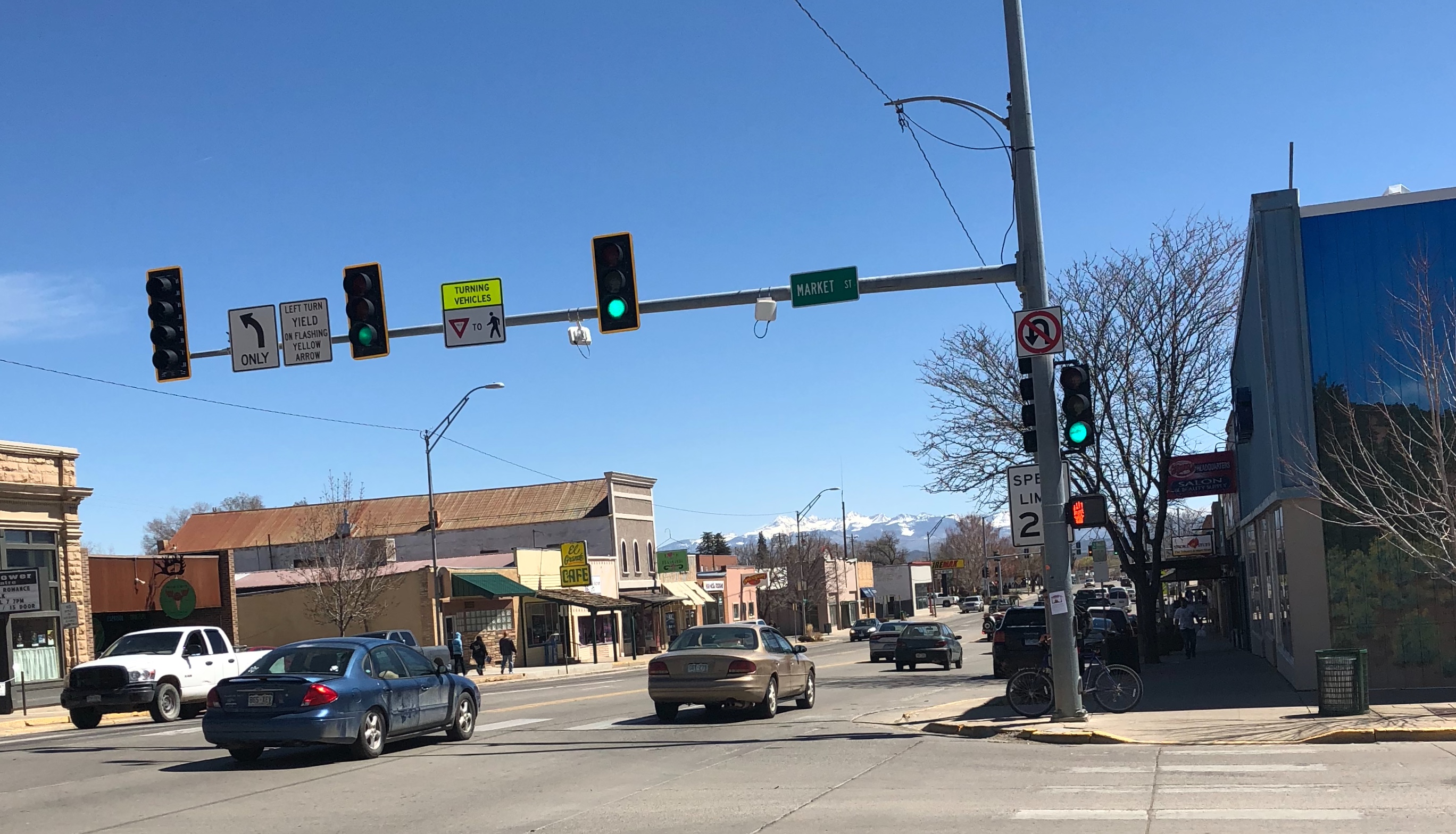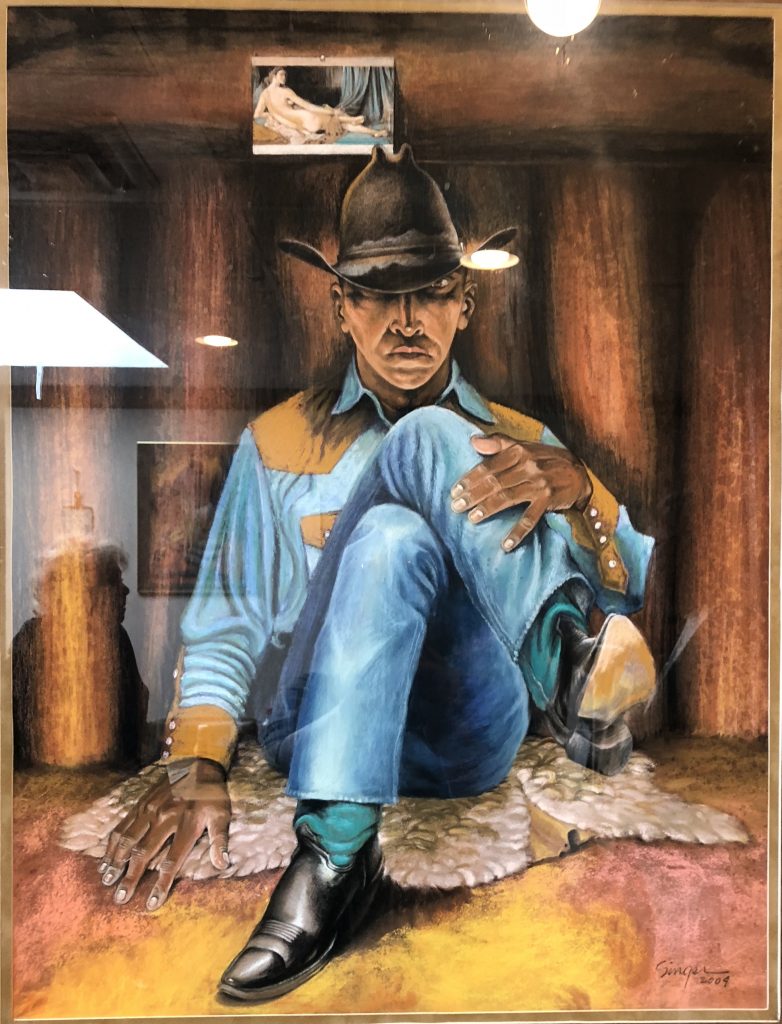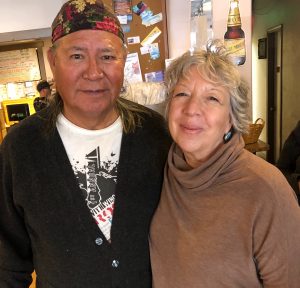When I was a novice teacher on the Navajo Nation way back in the day, I was concerned about a particular student who rarely showed up in my fifth grade classroom. Our school principal offered this encouragement without a hint of irony: “Don’t worry about him,” he said. “That kid’s a good basketball player. He won’t miss a game.” The kid in question was ten years old.
Basketball is beloved on the Navajo rez. When played in a large high school arena the game is a community magnet. In an expansive desert homeland where one’s closest neighbor could be miles away on unpaved and rutted roads, community gatherings are a challenge, especially in the winter. In the old days during the months that now define basketball season, relatives would come together to play the Shoe Game and tell the ancient Navajo creation stories, stories of ancestral emergence through past worlds into this, the “Glittering World” of today. The Shoe Game, a sort of shell game where a small ball is hidden inside one of many moccasins, is seeing a revival, but basketball is the thing that really pulls in a crowd from far and wide.
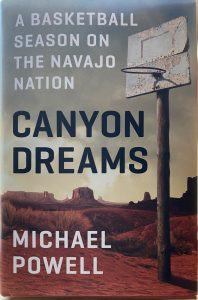
Canyon Dreams: A Basketball Season on the Navajo Nation, a new book by NY Times sportswriter Michael Powell (Blue Rider Press) (https://www.amazon.com/Canyon-Dreams-Basketball-Season-Navajo/ ) and the Netflix Original docuseries Basketball or Nothing developed by pro golfer Rickie Fowler both poignantly portray the trials and triumphs of the Chinle High School Wildcats, a Navajo Nation basketball team coached by Raul Mendoza. The team’s brand of basketball is rez ball. When played at its best, rez ball spectacularly coalesces skill, speed and mind meld into a force as mystical and uplifting as the Navajo landscape. With all these elements in sync, players of slight build can put away more muscular, towering challengers, especially under Mendoza’s direction.
Both Powell’s book and the Netflix series juxtapose the young Chinle players and their coach against the too familiar tropes of reservation despair. Alcohol and substance abuse, joblessness, broken families, transgenerational trauma form the backdrop of many players’ lives. The game gives them a chance to control their destiny for 32 minutes of play while living in a land that, though magnificent and awesome, threatens to be devoid of promise for many if not most of them.
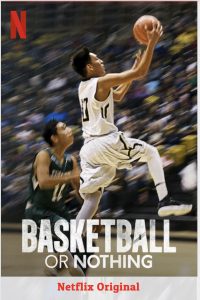
Between Powell’s book and the Netflix series, Basketball or Nothing may be the more cynical of the two titles, but it’s not far off. Because what doors will open for the kids of Chinle, AZ (area population about 5000; poverty rate 50%) when high school basketball days are over? For the academically talented, good colleges await if the kids are helped to navigate the scholarship application process and their families don’t dissuade them from leaving the rez and their roots. One player featured by both Powell and Netflix gets a free ride to ASU, but not to play basketball (he’s only five feet six). He’s a good, solid student aiming to study electrical engineering, and he’s also good at track and field.
Michael Powell writes about one Harvard-bound kid, Keanu, an avid learner with superhuman drive. Keanu lives in a trailer with his grandmother and writes his essays on his cellphone due to a lack of internet connection. He opens all of his college admission responses on his laptop when on break from his cashier job at Burger King. Besides Harvard, Keanu was accepted at Dartmouth, Brown, Columbia, Swarthmore and Case Western Reserve. Here’s the thing: he never played basketball, but he’s a devoted fan. Per the Netflix series, two players who landed actual basketball scholarships are headed to a place called Southwest Indian Assembly of God University, where the majors offered on campus are countable on one hand (Ministry is one of them).
Back to that ten-year-old student of mine who rarely showed up in class but wouldn’t miss a game. The summer before school started, his grandparents and his father all perished in a single car accident that involved their two vehicles in a head on collision.
For many years of Raul Mendoza’s long career of coaching high school basketball, he was also a guidance counselor. Coach Mendoza, a septuagenarian master almost Buddha like in wisdom and patience, told this to Michael Powell: “Do you know what I’m proudest of in this life? Not a single one of those teenagers I counseled committed suicide. They lived, every single one of them.”
The Navajo Times recently reported that Basketball or Nothing will be filming its second season. Let’s hope that the Chinle Wildcats and all young basketball players on the vast Navajo Nation will realize many dreams in their upcoming seasons on and off the court, on or off the rez, within or outside of the canyons where they dwell. Let’s hope their futures will be blessed with lots of good somethings beyond basketball.
